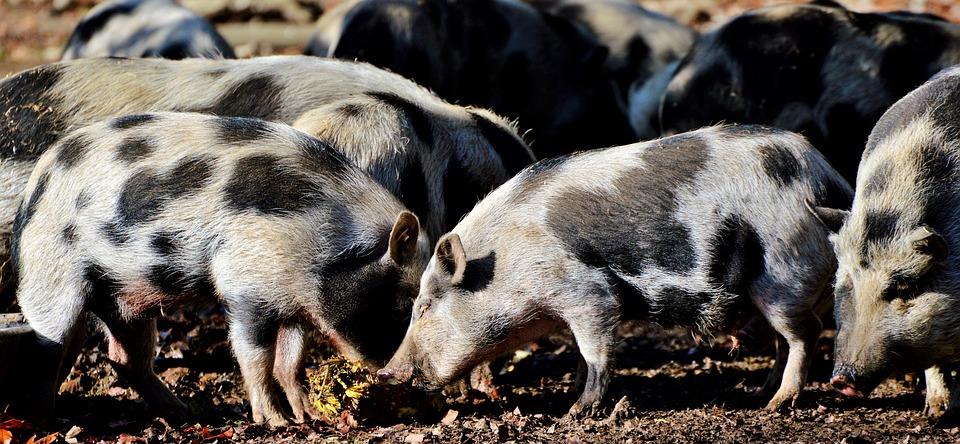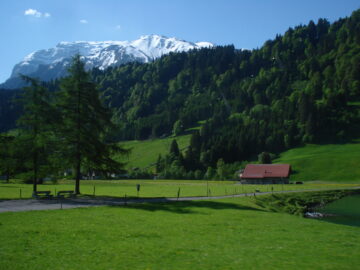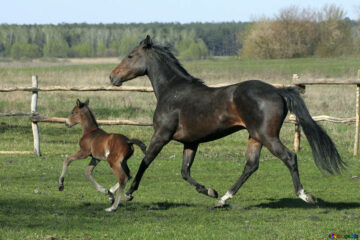Caring for Livestock in Winter
Baby it’s cold outside–away from the warm, wood-stove. We are preparing our animals and their dwelling for long, cold, winter days and nights and the increased physical stress it will cause them. Unfortunately, just because it’s winter, doesn’t mean we get to relax and have little responsibility for our livestock’s care. We have come up with a few basic tips in an attempt to assist in the process.
Ventilation
Animals in a closed barn environment during the winter months will create warmth for one another, but good ventilation is imperative. Adequate air exchange is necessary to eliminate ammonia gases. These gases cause respiratory problems, pneumonia causing bacteria and viruses. Proper ventilation will help to lower contagious diseases related to the close contact of your animals. Extreme drafts have to be avoided.

Cleanliness
All living areas will need to be cleaned of manure and wet bedding routinely. Dry bedding provides insulation from the cold ground and helps decrease the amount of energy animals use to keep warm. Pigs, horses and cows should be cleaned daily. Chicken pens are usually cleaned in late fall and in early spring, depending on stock density.
Make sure your animals have enough room to move around comfortably to provide for adequate exercise during the winter.
Nutrition and Hydration
It is important for us to meet the nutritional requirements for optimum growth and body temperature maintenance during the winter months. Your animals will need clean, fresh, water, loose salt and minerals and plenty of hay and grain (depending on the species). Try to provide warmth to the water if at all possible. A temperature of around 10 degrees celsius will increase your livestock’s water consumption in the winter. This will aid digestion, and prevent low-level dehydration, particularly critical for lactating animals.
Remember, if you’ve been feeding your livestock good quality hay, they will be in good physical condition for the winter. Poor nutrition will show up quickly in the winter months.

Shelter
Keep your pastured animals dry and out of the wind. Growing a thick winter coat and being given access to a good shelter will help your animals to be protected from the cold. You will need to provide a southern or eastern exposed, three-sided, shed-type livestock shelter if you keep livestock in your pasture during the winter.
Brrrr! Chores done? Now you can enjoy the fruits of your labor in front of your nice, warm, wood stove with that good book you have been dying to get into. Take an afternoon nap and know your animals are cozy and healthy.




